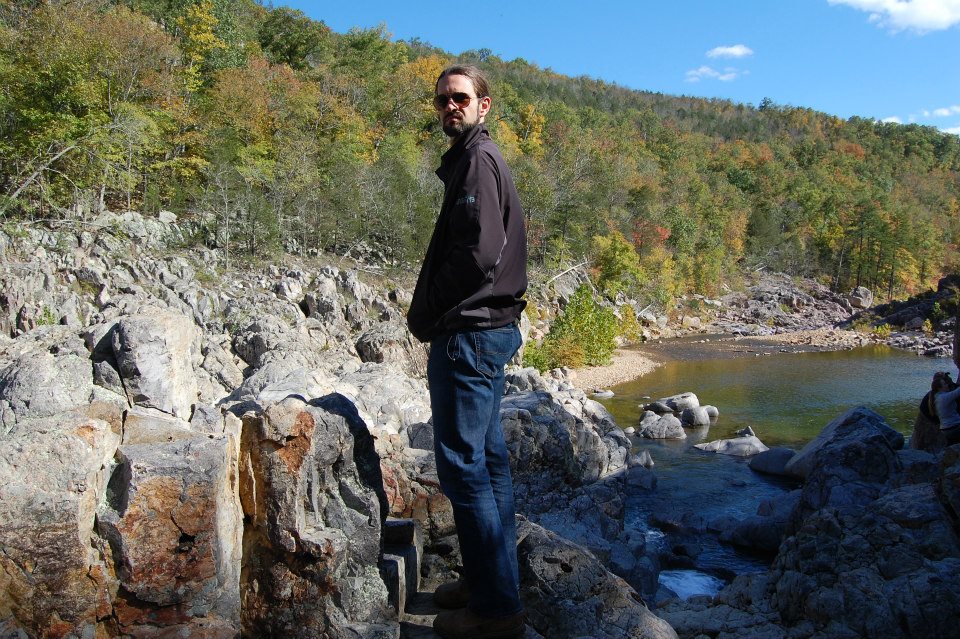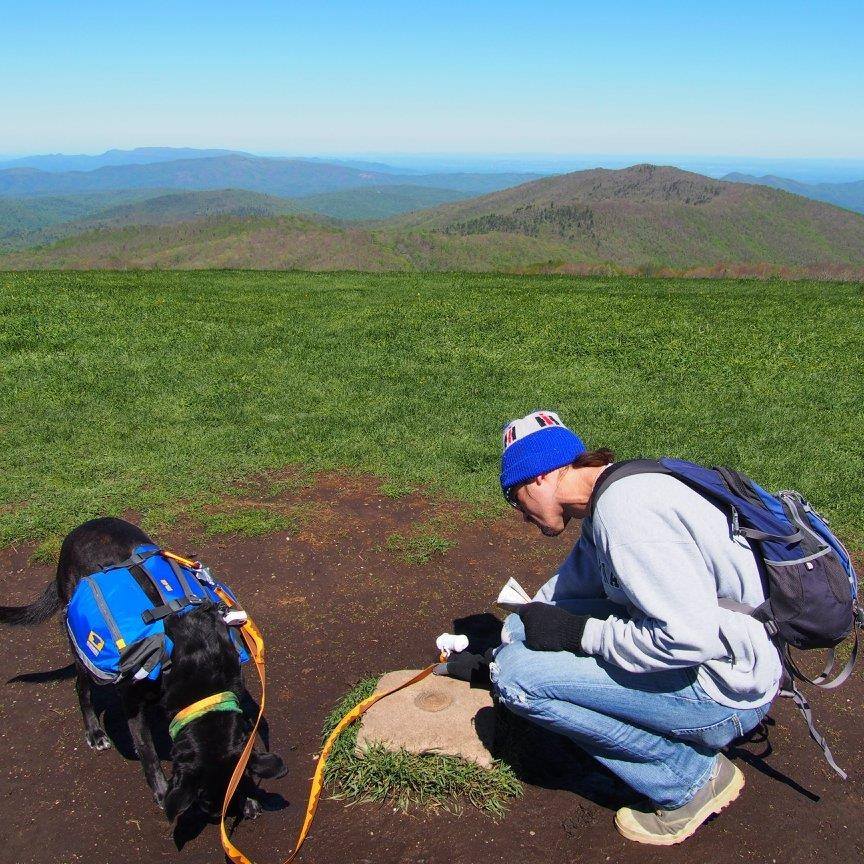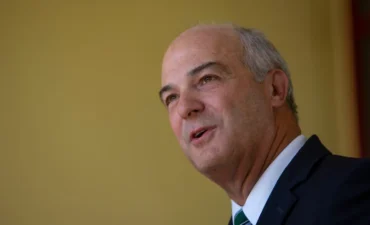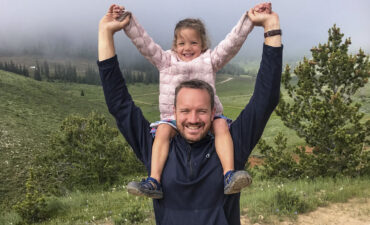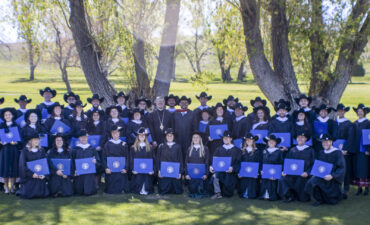New WCC Faces: Paul Giesting, Assistant Professor of Mathematics and Sciences
As a growing institution, the College often finds itself welcoming new members to its community at the start of each new academic year. In this series, we introduce our friends and supporters to the 2021-2022 additions to the Wyoming Catholic College family.
Paul Giesting grew up on a farm in southeast Indiana and received degrees in earth science and Latin classics from Washington University in St. Louis, as well as a PhD in geology from Notre Dame. He has done research in environmental and planetary geology and taught university courses for several years. He is currently an environmental consultant and co-host of the podcast That’s So Second Millennium on the relationship between faith and science.
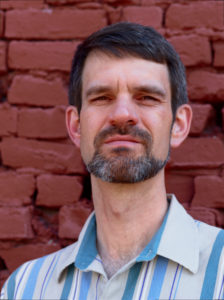
WYOMING CATHOLIC: How did you find your way into geology?
DR. PAUL GIESTING: I decided to major in geology after a trip to Hawaii to visit family during spring break of my junior year of high school. It was the only spring break where I went on any kind of trip at all, high school or college, in fact. We visited the Big Island, hiking around Kilauea and down into the caldera, and I came away with a book about the geologic history of the islands that is still one of my most treasured possessions.
WCC: Why did you choose to come to Wyoming Catholic College?
GIESTING: I want to help provide the students who come to WCC with much of what I wanted out of my time at college: the training and discipline to search out and really learn the deep and valuable truths about the material and spiritual world we inhabit.
WCC: Why do you think a liberal arts education is particularly important for our world today?
GIESTING: Perspective in general is sorely lacking today. In a world with an incredible excess of information, text, photos, videos, without a sense of proportion and perspective we pick and choose what we want to hear and what is easy to digest. I’ve done too much of that myself, and I’ve done it despite intending, as a bright young college student once upon a time, to pursue deep and valuable learning. I needed help to do that, and a good liberal arts education provides that necessary training.
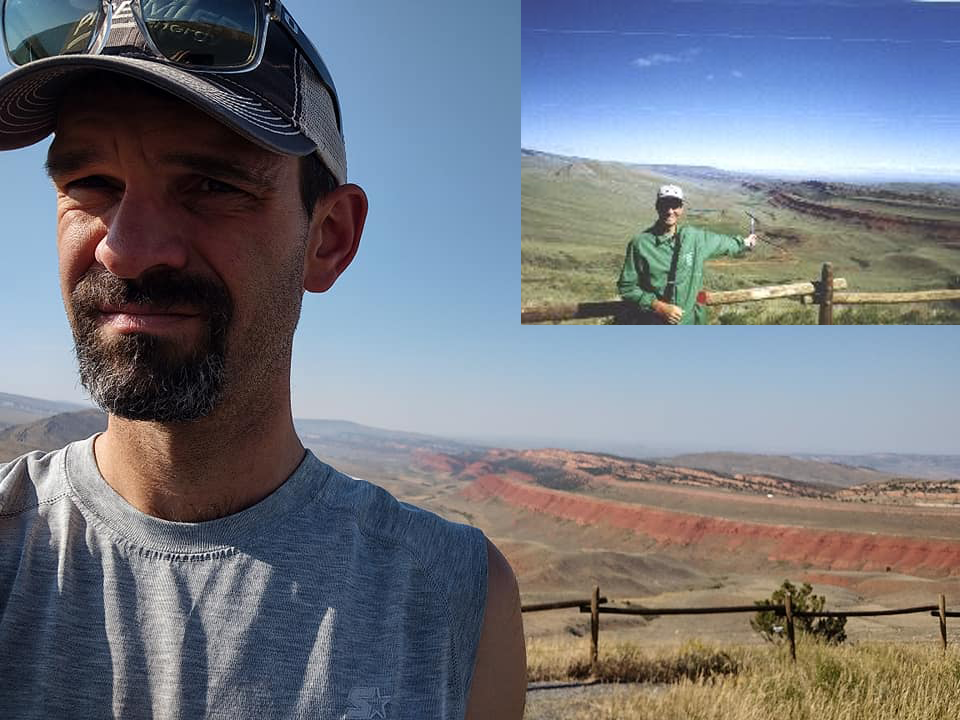 WCC: What are you looking forward to most about living in Wyoming?
WCC: What are you looking forward to most about living in Wyoming?
GIESTING: ROCKS! Growing up in Indiana, a rock “in place” as part of the bedrock is a rare thing to see. Around Lander, the earth has laid open so many of her secrets to be admired whenever one wants.
WCC: What are some books on your “essential reading list” that are not included in the curriculum at WCC?
GIESTING: “Essential” seems like a lofty demand… let me settle for a book well off the beaten path that nevertheless shaped me, a book called (don’t laugh… well, don’t laugh too hard) a book called “Calculus the Easy Way.” It took learning calculus and turned into a delightfully cheesy fantasy novel wherein the heroes stay one step ahead of The Gremlin by learning enough calculus to, for example, calculate the right amount of water to pump into a decorative basin shaped like a sine wave to put out the magical fire the Gremlin has set in it. It also took a deliberately intuitive path through calculus and stuck to the essentials to get all the way to solving basic differential equations that come up in real physics; the final chapter presents the solution to a damped harmonic oscillator (a ride for children that the Gremlin has sabotaged).
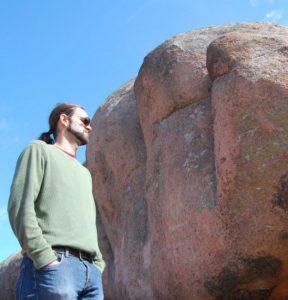
WCC: What is some advice you would give to students as they strive to balance their academic and community life at Wyoming Catholic College?
GIESTING: I have a lot to learn about that myself. I don’t have a more specific piece of advice here than what I’m gradually learning to follow for basically every problem in my life: quiet down, remember that my Father loves me, trust Him to give me enough insight to make a decision… and also ask people a lot of questions, share with someone what I’m really thinking, and get out of my own head.
WCC: What are some of your favorite hobbies?
GIESTING: Of course I love reading. Complex, strategy-heavy board games are a staple of time with my brother and sister-in-law. Oddly for a geologist, I like golf; the whole experience of not just being outside, but being outside with a bag of tools and a goal really works for me. I also have an ongoing collaboration with my old friend Bill Schmitt, a podcast where we discuss faith and science called That’s So Second Millennium.
WCC: Are you currently working on any big projects? Related either to your academic life or just life in general?
GIESTING: An open project I have is revising and working to publish a novel I wrote about two geologists in Wyoming in the early 1950s. I fell in love with Wyoming after I went to field camp in Sinks Canyon in 2000, wrote a short story about it in 2001, expanded it out into a novel in 2010-2011, and visited the south Bighorns and did some other research on the setting in 2018. It’s a slow burn, but I can’t imagine being in a better place to try to finish it.
If I can read the seven days of Genesis like a parable, I can turn to the Grand Canyon with a different sense of awe at God’s revelation. I can look at brown, crumbling sandstone resting upon vertical gray schist, and realize the immensity of time between the present and the day when that first layer of beach sand came to rest on that battered rock surface, and even further back to the prior day when a pile of mud began to get caught in a growing mountain, to be heated and compressed into the gray crystalline schist.
Then, if I hold in mind that God created all of this, gave it rules and allowed it to unfold, intending all along to empty Himself and take part as one small mortal being amid the vast expanse of time and space, I come to realize much more about what God’s self-emptying must have entailed. I see more clearly how dramatic it is that this God loves me, in fact even claims me as His son. Instead of mistaking God for a divine watchmaker or a bearded cosmic puppeteer, I get a little closer to the actual God and Father we believe in, the Lord, Being Itself, I Am Who Am.
“God and the Grand Canyon,” by Dr. Paul Giesting
